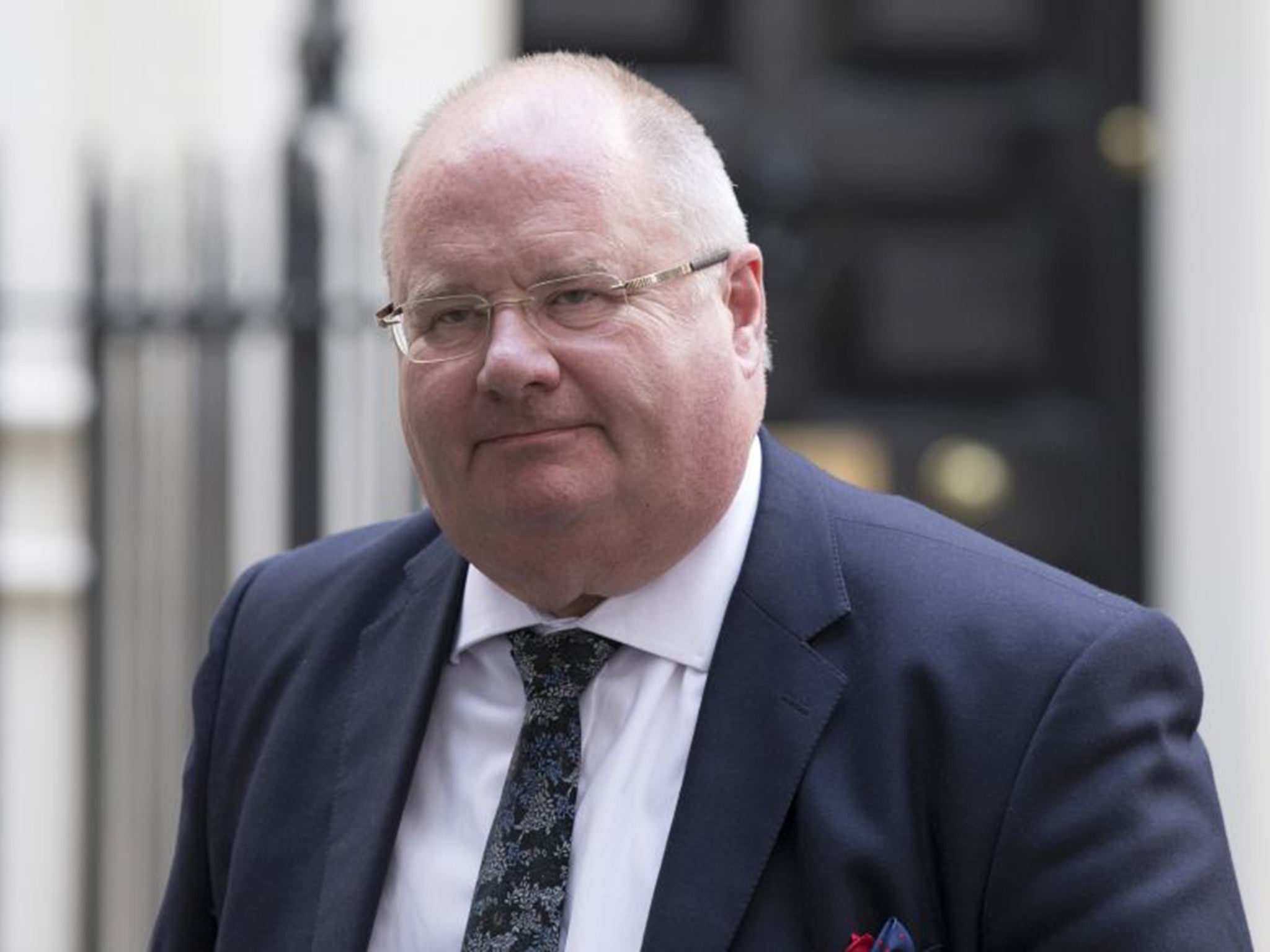Government's £1.3bn attempt to tackle crime and poverty had 'no discernible impact', says report ministers tried to bury
Ministers tried to suppress a study that suggested one of the government’s flagship policies, the Troubled Families initiative, had made zero impact on conditions in underprivileged communities.

Ministers have quietly buried a report which concluded that one of the government’s flagship policies had “no discernible” impact on the problems of unemployment, truancy or criminality that it was supposed to address.
BBC 2’s Newsnight programme has seen the unpublished evaluation of the Troubled Families initiative that was launched in a blaze of publicity after the 2011 riots.
David Cameron promise to put ”rocket boosters” under Whitehall’s plans to aid troubled families, and forecast that by the time of the 2015 election it would “turn around” 120,000 households. In December 2011, he added: “Some in the press might call them 'neighbours from hell'. Whatever you call them, we've known for years that a relatively small number of families are the source of a large proportion of the problems in society.”
Local authorities were given targets for the number of families they should sign up for the scheme, and a payment of £3,200 per family. Each family would be assigned a key worker who would be “assertive” and “challenging” in helping the family to get to grips with life.
Ministers hailed the results as a success. In March 2015, the then Communities Secretary Eric Pickles announced that the programme had had a “life changing impact” on 105,671 of the “hardest to help” families, saving taxpayers an estimated £1.2 billion in welfare and other costs
The programme was considered so effective that it was extended in June 2013 to take in another 400,000 families, at an additional cost of £900 million.
However, the definition of when a family had been “turned around” was vague enough for councils to report a 100 per cent success rate. When a consortium of analysts led by a consultancy called Ecorys had been commissioned to study the effectiveness of the programme, it appeared that being “turned around” may have meant very little in reality.
The consortium analysed data from 56 local authorities covering the first 18 months of the programme. According to the BBC, their report – submitted last autumn but never published - concluded: “The lack of obvious effect from the programme across a range of outcomes indicates that the programme did not have a measurable impact on families within the time-frame over which it was possible to observe its effects.”
Their analysis found “no discernible impact on the percentage of adults claiming out-of-work benefits” and “no obvious impact on the likelihood that adults were employed” 12 or 18 months after starting on the programme, and that the programme “did not have any discernible impact on adult offending” seven to 18 months after the family was booked into the programme.
It added: “Whilst it was more difficult to match the treatment and comparison groups when looking at child outcomes, the findings suggested that the programme also had no detectable impact on child offending.”
On truancy, the analysis concluded that “any impact that the programme had on the absence rate was not robust”.
A spokesman for the Department for Communities and Local Government said: “It is wrong to say that any report on Troubled Families has been suppressed. There were several strands to the evaluation work commissioned by the last Government and there is not yet a final report.”
Join our commenting forum
Join thought-provoking conversations, follow other Independent readers and see their replies
Comments